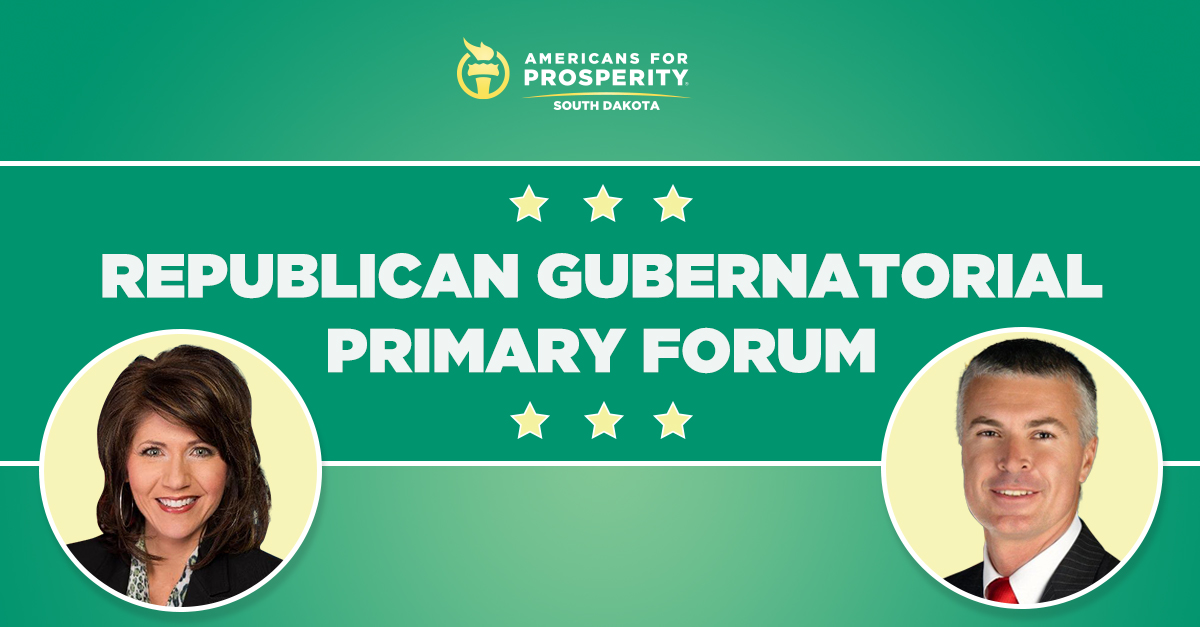
David Bangasser, Dylan Clarkson, Jeff Davis and Brad Seaman Elected to SDBA Board of Directors
PIERRE, S.D.–The South Dakota Bankers Association (SDBA), the professional and trade association for South Dakota’s financial services industry, recently held elections for four of the nine seats on its Board of Directors. Elected to serve on the SDBA Board of Directors were:
- David Bangasser, Southern Region President, Dacotah Bank, Sioux Falls
- Dylan Clarkson, President/CEO, Pioneer Bank & Trust, Belle Fourche
- Jeff Davis, President/CEO, Bryant State Bank, Bryant
- Brad Seaman, President, First State Bank of Warner, Aberdeen
This is Clarkson’s first term on the SDBA Board of Directors and Bangasser, Davis and Seaman’s second terms. They started their three-year terms on May 1, 2018.
David Bangasser:
David Bangasser is southern region president for Dacotah Bank in Sioux Falls. He began his banking career in 1982 working for Western Bank in Sioux Falls. He went on to work in St. Paul at Heritage National Bank, Firstar Bank of Minnesota and American National Bank. He joined Dacotah Bank in 1995.
Bangasser is a board member and classroom volunteer with Junior Achievement and a board member for Singing Boys of Sioux Falls, as well as past service with El Riad Shriners, Sioux Falls Chamber of Commerce and Zoological Society of Sioux Falls.
Bangasser and his wife, Karen, has been married for 36 years. They have one daughter, Megan Hartz. Megan and her husband, Dusty, have two children: Cohen, 10, and Cade, 9.
Bangasser wants to be a meaningful advocate for all South Dakota community banks and to work with state and congressional delegates to provide a fair and level playing field to ensure that community banks have continued opportunities for success and the ability to remain key contributors in their communities.
Dylan Clarkson:
Dylan Clarkson is president and CEO of Pioneer Bank & Trust in Belle Fourche. Prior to joining the bank in 2016, he began serving on Pioneer Bank & Trust’s Board of Directors in 2014. Clarkson previously worked for American Bank in Bozeman, Mont., from 2006 to 2016. At American Bank, he performed multiple duties including commercial lending, cash management specialist and Bozeman area market manager. Prior to his banking career, Clarkson managed new automobile dealerships in the Bozeman area. He has an economics degree from Montana State University in Bozeman.
Since relocating from Montana to Spearfish in 2016, Clarkson has actively supported many nonprofits across Pioneer Bank & Trust’s trade area—Black Hills Works, Belle Fourche Economic Development Corporation, American Heart Association and Special Olympics South Dakota. He previously served on a number of boards while in Montana.
Clarkson and his wife, Nicki, have one child, Ben, who is three years old.
Clarkson looks forward to proliferating the message that community banks play a vital role in South Dakota and the nation. He would like to bolster the current momentum that the industry is gaining for “right sized” legislation. Despite recent corporate tax reform and the boon that it created for many banks of all sizes, the legislation as we all know didn’t level the playing field for equal taxation of non-bank competitors.
Jeff Davis
Jeff Davis is president and CEO of Bryant State Bank in Bryant. He grew up on a farm near Forestburg, so agriculture is in his blood. Davis began his career in 1981 with Sanborn County Bank in Woonsocket. In 1987, Davis joined First National Bank in Brookings (now First Bank & Trust) as an ag loan officer. In 1994, he joined Bryant State Bank. Davis has served on the SDBA Agricultural Credit Committee.
Davis currently serves as secretary/treasurer on his local community development and housing boards. He has also served on the school board, city council, local nursing home and church boards.
Davis and his wife, Paula, have three grown children. Robert lives in Woonsocket; Andrew and his wife, Cara, live in Kansas City, Mo.; and Stephen lives in Woonsocket.
South Dakota banking has served Davis well, and if he can give time back to that cause, he is willing to do so.
Brad Seaman
Brad Seaman is president and serves on the board at First State Bank of Warner in Aberdeen, where he has worked since 1996. He previously worked as assistant vice president of Day County Bank (now CorTrust Bank) in Webster from 1992 to 1996. Seaman has served several terms on the SDBA Legislative Committee.
Seaman is a past Northern State University Foundation board member and a volunteer with the Warner Stratford Lions Club.
Seaman has three children: Connor, 24; Parker, 21; and Bess, 18.
Seaman wants to serve as an advocate for the banking community from a small bank perspective.
–30–








